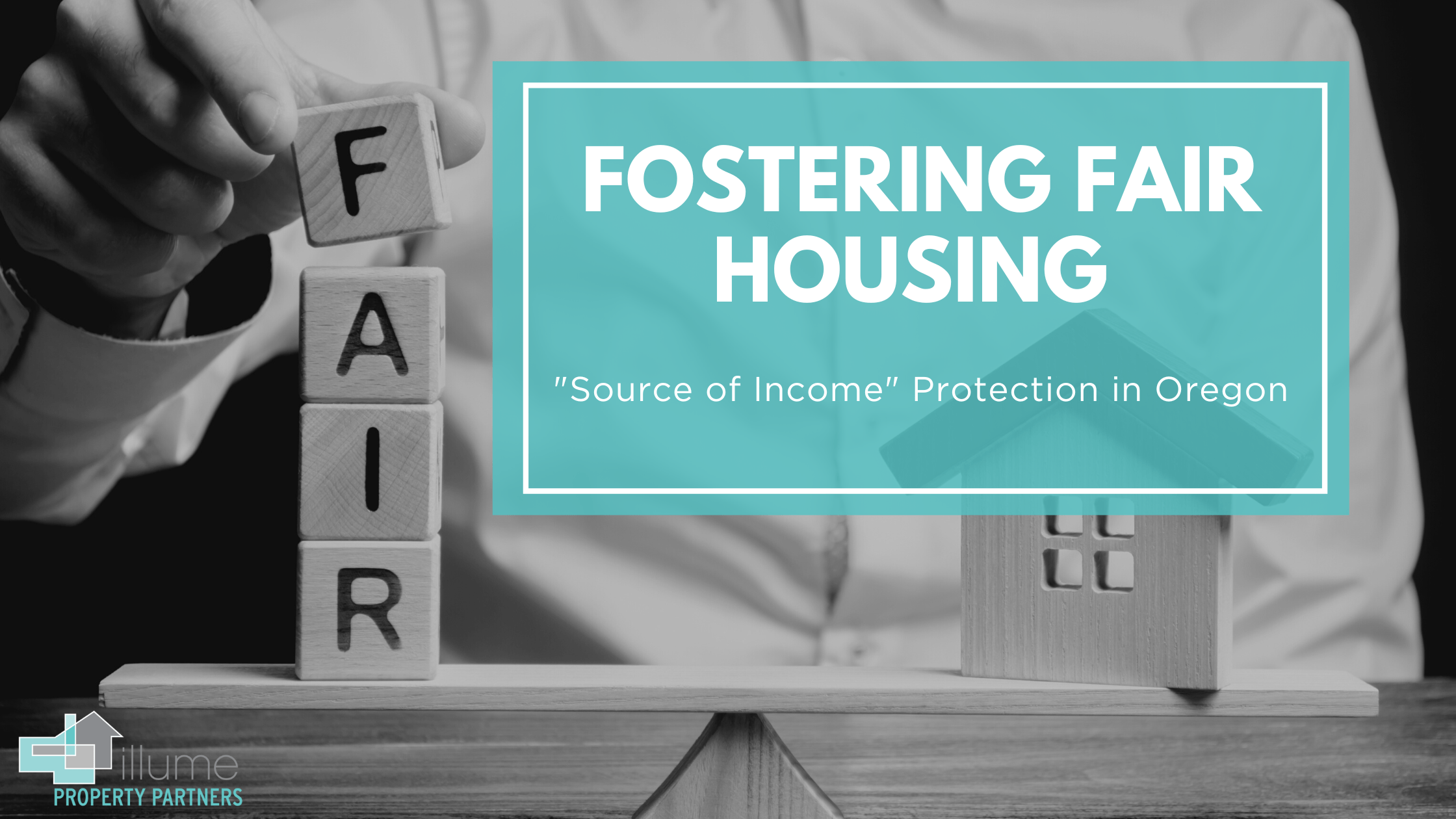In the ever-evolving landscape of fair housing, Oregon stands out as a state committed to ensuring equal opportunities for all residents, regardless of their source of income. While "source of income" protection may not have federal recognition under the Fair Housing Act, the state of Oregon has taken significant steps to make it a reality across the entire state.
"Source of Income" Protection Statewide
In Oregon, "source of income" protection is not limited to a particular city or county; it's a statewide commitment to fair housing. State-level fair housing laws set the standard, making it illegal to discriminate against tenants based on their source of income. This includes income from employment, pensions, regular payments, and crucially, rental assistance programs like Section 8 vouchers.
Leadership in Advancing Fair Housing in Oregon
One pivotal moment in Oregon's journey toward fair housing was Tina Kotek's leadership during the 2013 legislative session. During this session, Kotek, who served as Speaker of the Oregon House of Representatives, played a central role in passing an anti-discrimination housing bill. This landmark legislation aimed to reinforce fair housing practices in Oregon by explicitly prohibiting discrimination based on source of income. The bill, signed into law in 2014, marked a significant step forward in ensuring that all Oregonians have equal access to housing opportunities, regardless of their income source.
Empowering Tenants and Property Managers Alike
For tenants in Oregon, "source of income" protection means a level playing field. It ensures that they can't be denied housing simply because they rely on rental assistance or other non-standard income sources. This statewide commitment fosters dignity, respect, and confidence among tenants, allowing them to navigate the housing market without fear of discrimination.
Property management companies and landlords across Oregon have also adapted to this commitment. Understanding and complying with state-level regulations is essential to ensure that fair housing practices are upheld. Recognizing housing subsidies as valid sources of income and refraining from refusing tenants based solely on their income source is not just good practice; it's the law.
Failure to comply with these fair housing regulations can result in significant penalties and legal consequences. Violations of "source of income" protection laws in Oregon may lead to fines, legal actions, and damage to a property manager or landlord's reputation. It's not only a legal obligation but also a fundamental commitment to fairness and equal housing opportunities for all residents in the state. Property management companies and landlords are encouraged to stay informed about the current fair housing laws and ensure strict adherence to avoid potential legal and financial repercussions.
A Statewide Commitment, but Not Universal
It's important to note that while Oregon has embraced "source of income" protection as a statewide commitment, not all states in the U.S. have adopted such laws. Fair housing regulations can vary significantly from one state to another. So, while Oregon sets an example of ensuring equal housing opportunities for all, the landscape of fair housing laws remains diverse across the nation.
If you are seeking information about fair housing laws in specific states, it is advisable to consult the relevant state's fair housing agency or department. Each state typically has its own agency responsible for enforcing fair housing laws and providing resources on fair housing practices. Additionally, the U.S. Department of Housing and Urban Development (HUD) offers valuable resources and guidance on fair housing laws at the federal and state levels. Staying informed about the specific laws and regulations in your state is essential to promoting fair and equal housing practices within your community.
Find out more about rental news, managing rental properties, and find helpful advice on maintaining your rental investments with illume Property Partners.

Fostering Fair Housing Statewide: "Source of Income" Protection in Oregon
By Erlin Taylor Monday, November 20, 2023
